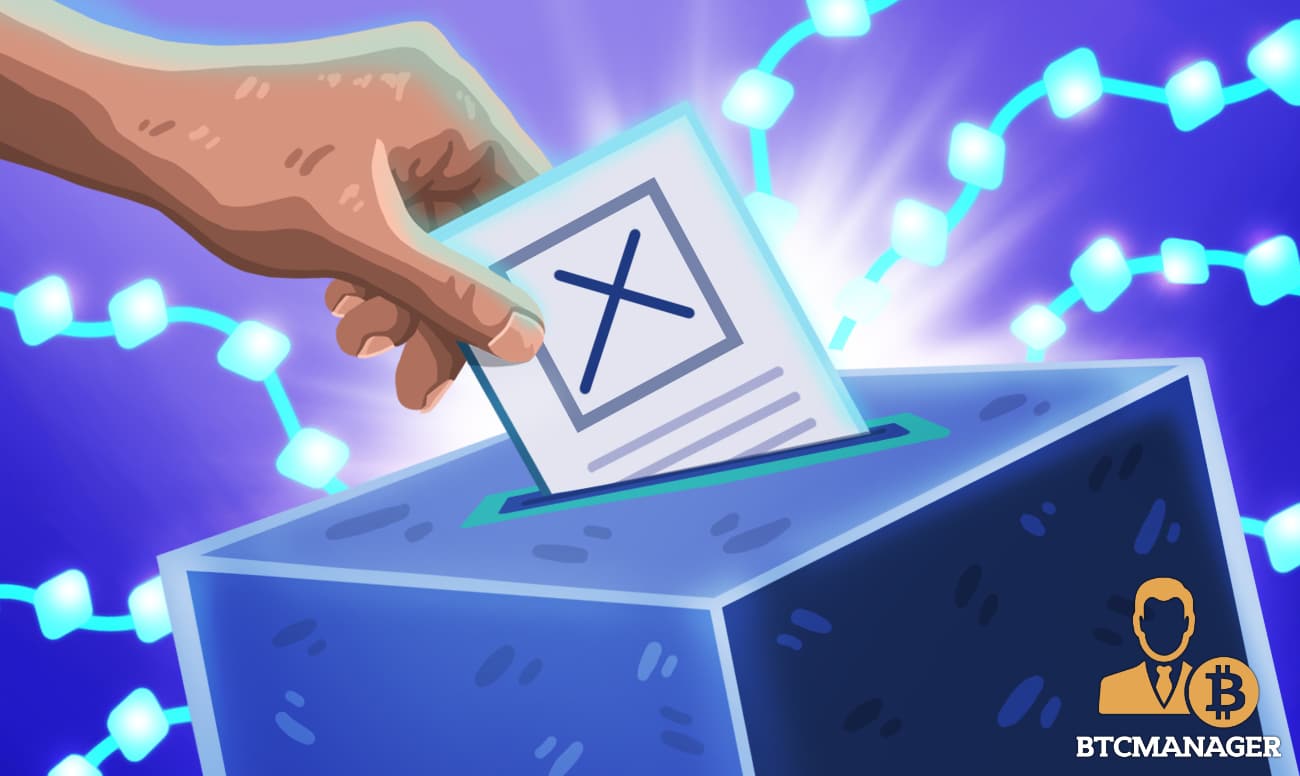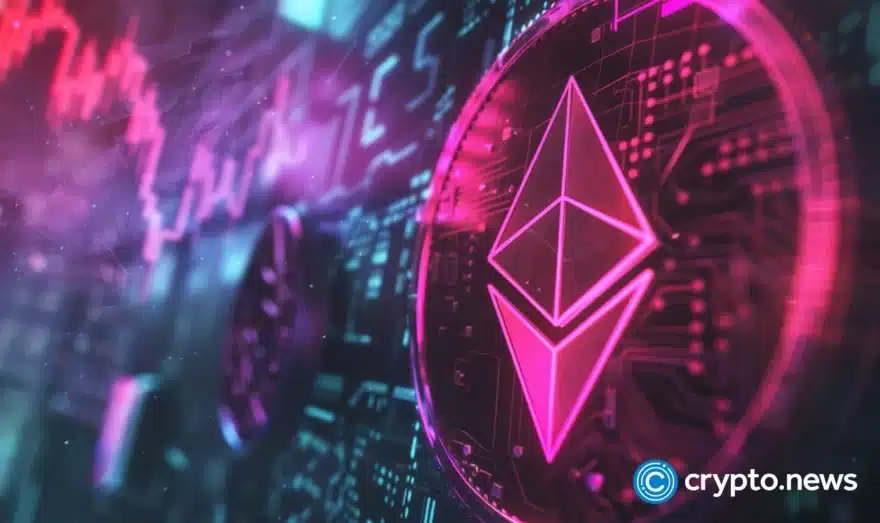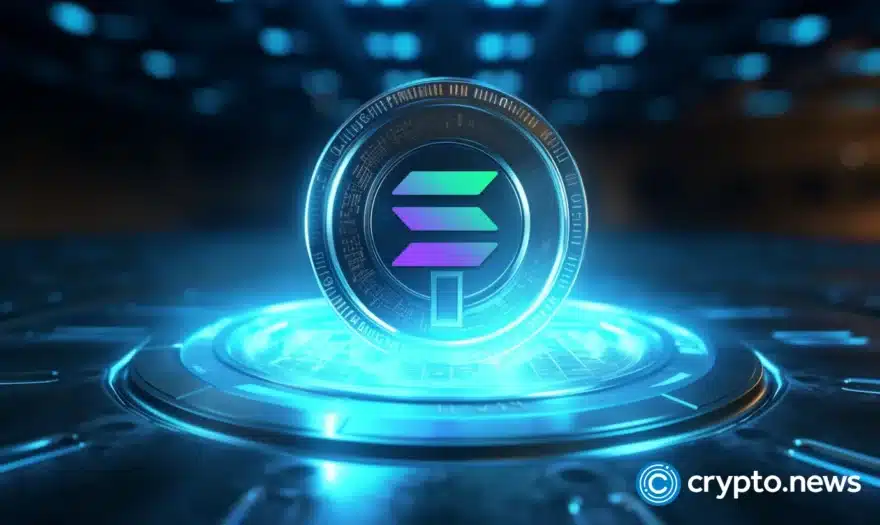Should You Have a Voting System in Blockchain?

The struggle for democracy spans many centuries. From those in pre-colonial Africa to ancient Mesopotamia, many human societies have functioned with the idea that people being ruled should wield some sort of power.
Ancient Athenians who lived about 2,500 years ago embraced a system where a plebiscite referendum was a common feature, giving ordinary people the right to decide laws and policies by majority vote.
Roman society transitioned from a monarchy to a complex form of democracy where assemblies were elected by direct and indirect means. Often marred by immense violence, elections gradually became less bloody with Augustus Caesar’s rise as Senate votes took on a more symbolic role.
Despite the turbulence, Ancient Rome was the first society to introduce the secret ballot, a hallmark of modern democracy.
By the People and For the People: From History to the Modern Day
Fast forward to mid-19th century America. Standing on the site of one of the nation’s most consequential battles, President Abraham Lincoln espoused a “government of the people, by the people, for the people” in his famous Gettysburg Address.
Lincoln’s words drew inspiration from the musings of the Founding Fathers who studied Roman and Greek voting systems as they drafted the Constitution. His hope was future generations would strive to ensure a nation “conceived in Liberty and dedicated to the proposition that all men are created equal” would not perish.
Lincoln’s short and stirring speech is often referenced now more than ever as activists and voters grapple with the virtues of democracy in a world where the average person’s voice seems to be waning.
Digital Technology and Democratic Renaissance?
Some claim modern democracies face their biggest tests in the wake of the COVID-19 pandemic, as emergency measures have curtailed parliaments, courts, elections, and monitoring watchdogs.
In the face of these immense challenges, blockchain and other cutting-edge innovations have been heralded as valuable tools to facilitate more inclusive forms of decision-making. These technologies counter myths that it’s impossible to vote online and participate in a democratic process in a secure way.
In the decentralized finance (DeFi) world, many projects have launched governance tokens to ensure as many stakeholders as possible share protocol control. Holding these types of tokens give people the power to influence how a particular project makes decisions.
Token voting, largely broken down into mature and rookie models, has been cited as a legitimate step towards transparent and open on-chain governance, especially as a project aspires to be known as a ‘true’ DeFi application.
They also open up new frontiers for crypto users used to just holding or trading project tokens without any further utility. For example, LFY token holders can participate in community voting and governance aspects for the entire LiquidiFy decentralized protocol.
LiquidiFy boosts liquidity and growth potential in long-tail cryptocurrency assets (low liquidity, low trade volume, and low market capitalization) by permitting asset collateralization into LiquidiFy Accelerator Tokens (LAT) and LFY (Liquidity Tokens).
According to the LiquidiFy team, these assets can then be recirculated and reactivated, opening new investment opportunities and cash flow potential for projects previously dead in the water.
DeFi and the Democratic Process
Projects like LiquidiFy, featuring a governance token to give community control over decision-making processes, continue a trend seen in the DeFi world to make governance a key part of reward models.
As scholars and historians express concern about the democratic process in a turbulent world, optimism is high the decentralized finance ecosystem can continue to help mature voting and governance processes designed to foster community involvement and collective decision-making.














